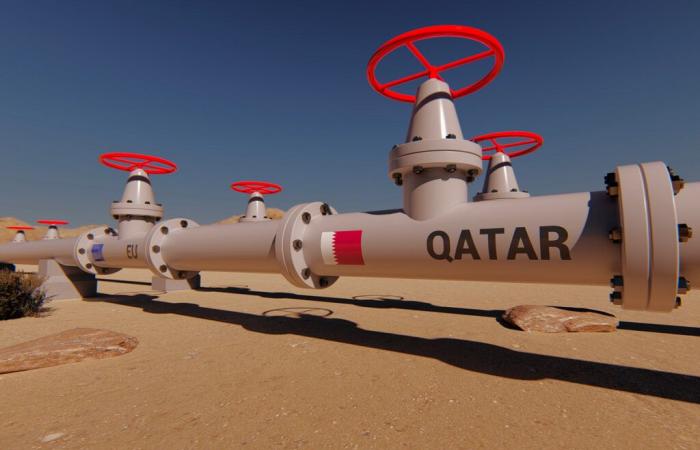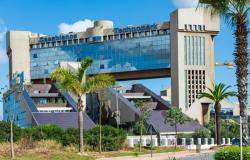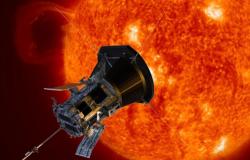A standoff between Qatar and the European Union (EU) could take place during the establishment of the Corporate Sustainability Due Diligence Directive (CSDDD). This directive, which will come into force in 2027, requires large companies to ensure that their value chain respects human rights and environmental standards. In the event of non-compliance, heavy sanctions are provided for, including a fine of up to 5% of global annual turnover. This directive aims to make multinationals responsible for their social and environmental impacts.
Qatar, whose economy is largely based on the exploitation and export of liquefied natural gas (LNG), sees this directive as a direct threat. The head of QatarEnergy and Qatari Minister of Energy, Saad al Kaabi, has expressed his strong opposition to possible sanctions against his company. “If it turns out that I lose 5% of my income by going to Europe, then I will no longer go to Europe,” he said, stressing that these losses would also have a significant impact on the economy Qatar.
Since Russia's invasion of Ukraine in 2022, the EU has increased its reliance on LNG to offset falling Russian gas imports. Qatar has thus become a key supplier: almost a third of the LNG transiting through the Zeebrugge port terminal in Belgium comes from this country. Qatar's LNG exports to the EU fell by 38.3% in the third quarter of 2024. Despite this, the country remains the fourth largest LNG importer in Europe.
Luxembourg, although it does not have LNG terminals to directly import LNG, depends largely on Belgian infrastructure for its natural gas supply. Although it is difficult to precisely trace the origin of the gas delivered to the Grand Duchy, it is likely that some of it comes indirectly from Qatar via interconnected European flows.
Business






